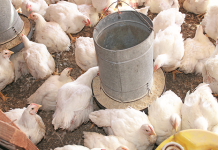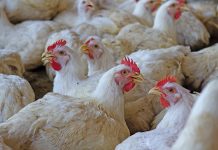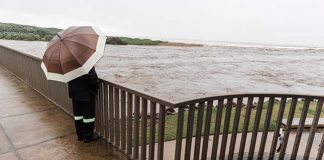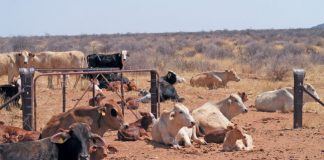The Department of Agriculture, Forestry and Fisheries’ much hyped – and roundly criticised – Masibambisane project in KwaZulu-Natal is under way. Opposition politicians have slammed it as a political ploy by President Jacob Zuma to boost his campaign for a second term. DA shadow minister of agriculture, Annette Steyn, called the project a handout scheme used by Zuma to curry favour.
Others have dubbed it the Zumaville project, because it was initiated on the doorstep of President’s Zuma’s homestead in Nkandla. According to agriculture minister Tina Joemat-Pettersson, Nkandla was chosen simply because it is one of the most impoverished areas in the country. The minister said the government planned to replicate the project across the other eight provinces. I phoned the department’s spokesperson recently to seek clarity on how much money had been set aside for Masibambisane.
She said that the department had budgeted R100 million to buy farming implements, and had obtained a commitment from other departments to raise a further R700 million for the project. While politicians are criticising the president for using Masibambisane for cynical political purposes, agricultural unions are questioning government’s ability to run such a project. In support of this view, they point to other failed intiatives such as Masibuyele Masimini, which was started under former minister of agriculture and land affairs Lulu Xingwana.
This much vaunted agricultural mechanisation programme has been noticeably ineffective and has certainly failed to convince me that the money spent on it was justified. Most of the tractors purchased through this programme are gathering dust, while others have been stripped of parts which have ended up heaven knows where.
Why Nkandla?
If the Masibambisane project wasn’t a political ploy, how was it determined that Nkandla was more impoverished than, say, the desperately poor Jane Furse area in Limpopo’s Sekhukhune Municipality? I recently visited the small village of Ga-Maila in this municipality, where I met Malekaleke Maila, a father of seven who has been farming here on a small scale for more than 16 years, simply trying to put food on the table and pay for his children’s education. He has done this without any government support at all.
Will this man one day be able to stay at his own home like a normal husband and father instead of spending his weekdays living alone in a shack 15km away tending his sheep? Will he be able to put his remaining three children through tertiary education?
This depends on two critical things. Firstly, that the government can show it has the capacity to make a success of the Masibambisane project in KwaZulu-Natal. And secondly, that it will demonstrate the political will to spend those hundreds of millions with equal generosity right across the country, not only in the president’s backyard.













